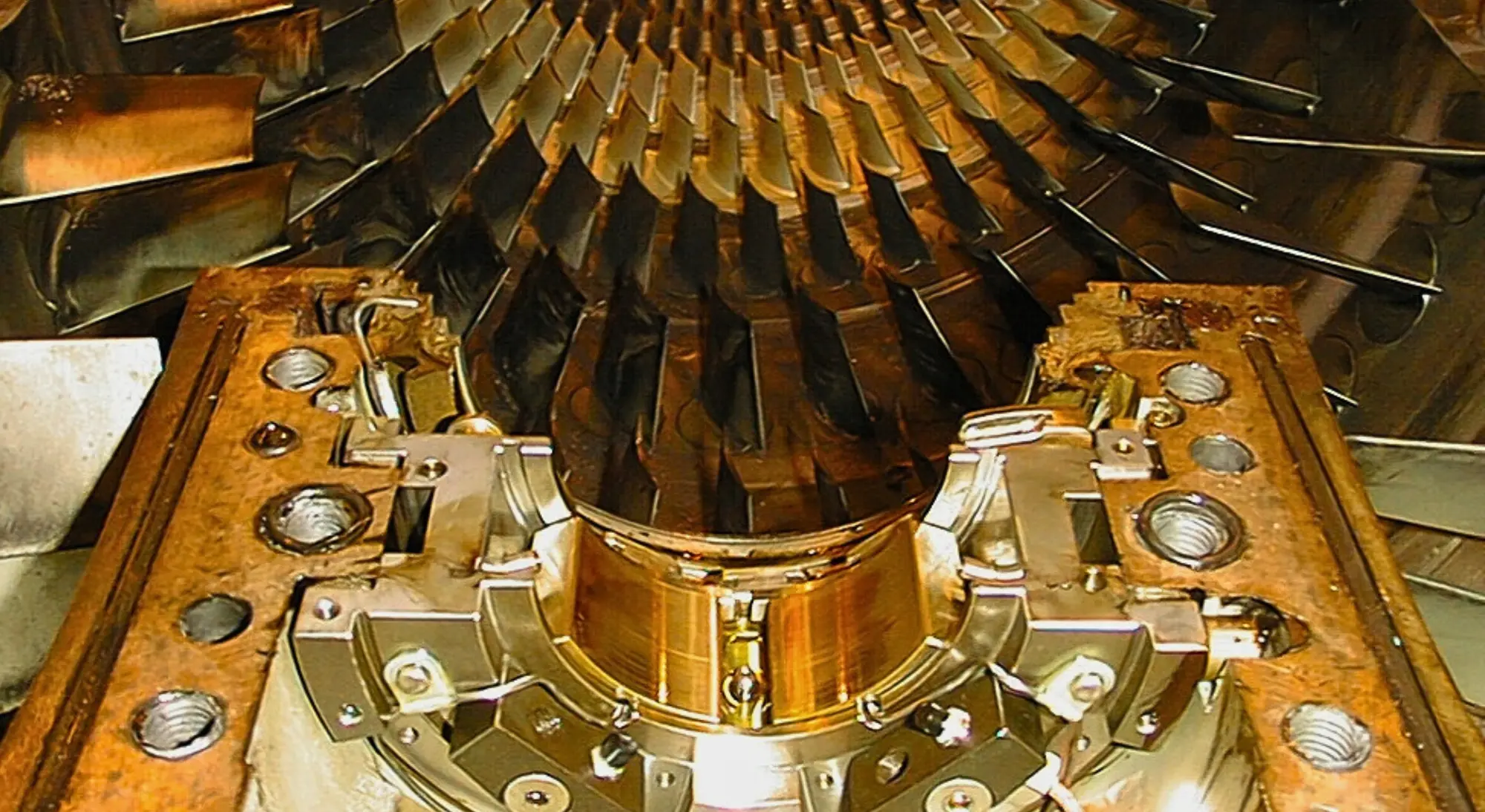Rotordynamics
Rotordynamics

The Rotordynamics research group focuses on studying the dynamic behavior of rotating machinery, with particular emphasis on diagnostics and monitoring. Vibration analysis, stability, and crack propagation in rotors are central topics, addressed through models, numerical simulations, and experimental validations. A key area of interest is the study of bearings and lubrication systems, including the optimization of geometries, the use of innovative materials such as PEEK, and tribological analysis under severe operating conditions. Another research strand concerns predictive diagnostics applied to industrial and railway machinery, leveraging artificial intelligence and advanced signal processing. Thermal and fluid-dynamic interactions in turbine and compressor components, as well as sealing systems, are also thoroughly investigated. The research employs models and simulations to analyze failures, instability, and critical conditions. Particular attention is given to machinery for the energy transition, such as wind turbines and advanced power generation systems, by studying rotor dynamics under complex operating conditions. Applications range from energy systems to transportation and industry, enhancing reliability, efficiency, and safety.